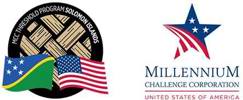World Environment Day 2024
Sobehatunga Forest Rangers Commit to Conservation Efforts
HONIARA, SOLOMON ISLANDS (5 June, 2024)
The Solomon Islands, renowned for its rich and unique biodiversity, holds a natural ecosystem of global significance. Recognized by the United Nations as having ‘global importance’, the biodiversity in the country is vital not only to its people, but also to the broader Pacific region and beyond. Despite facing threats from logging, population growth, natural disasters, and climate change, recent efforts to preserve forests offer hope for the plant and animal species they harbor. The forest rangers in Viru Harbor, Western Province, are among an increasing number of customary landowners at the forefront of these conservation efforts.
Last year, more than 600 hectares of registered land in Viru Harbor was approved through a partnership between the Solomon Islands Government and the U.S Government’s Millennium Challenge Corporation (MCC) through the MCC-Solomon Islands Threshold Program (SITHP). The forest area, named Sobehatunga by its owners, stores carbon and maintains the region’s biodiversity. Establishing a forest carbon project here will eventually provide a regular income for the local community through the sale of carbon credits.
Sobehatunga has been identified as a crucial habitat for many of the Solomon Islands’ wildlife, including species listed as near threatened on the International Union for Conservation of Nature Red List. Viru Harbor represents some of the last lowland rainforest in Western Province.
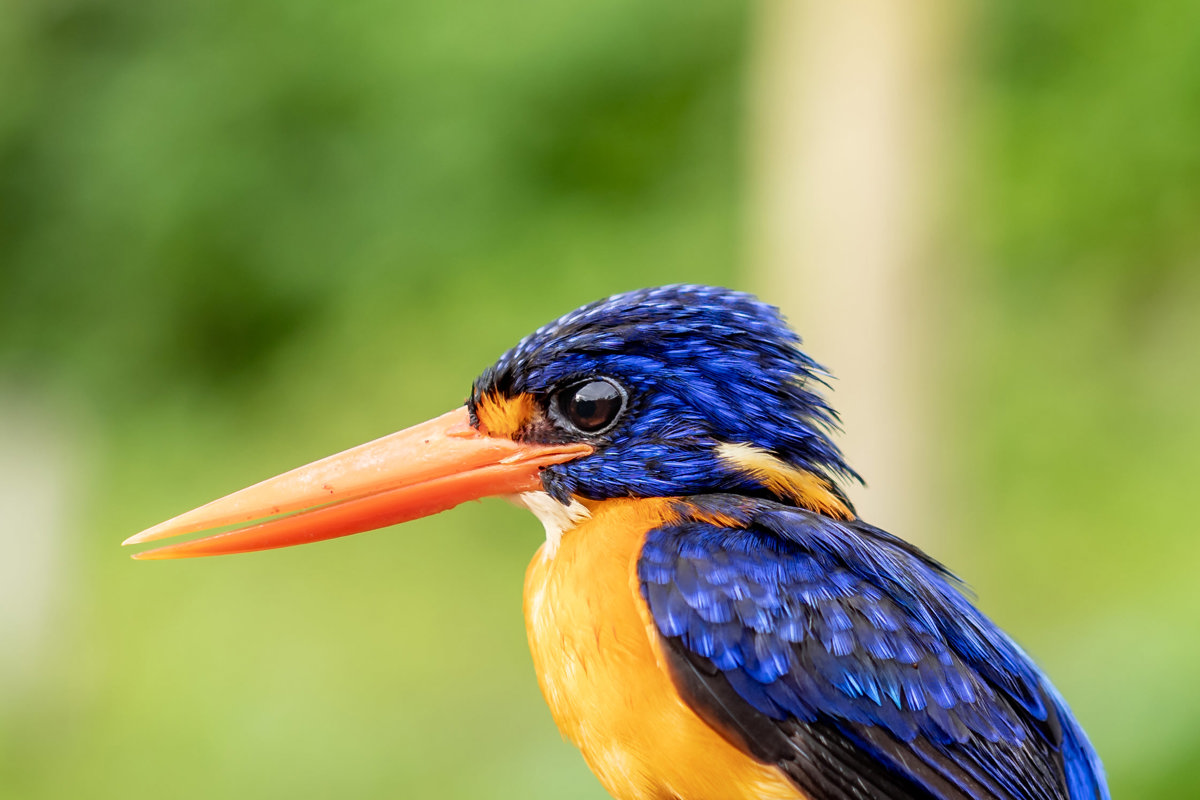
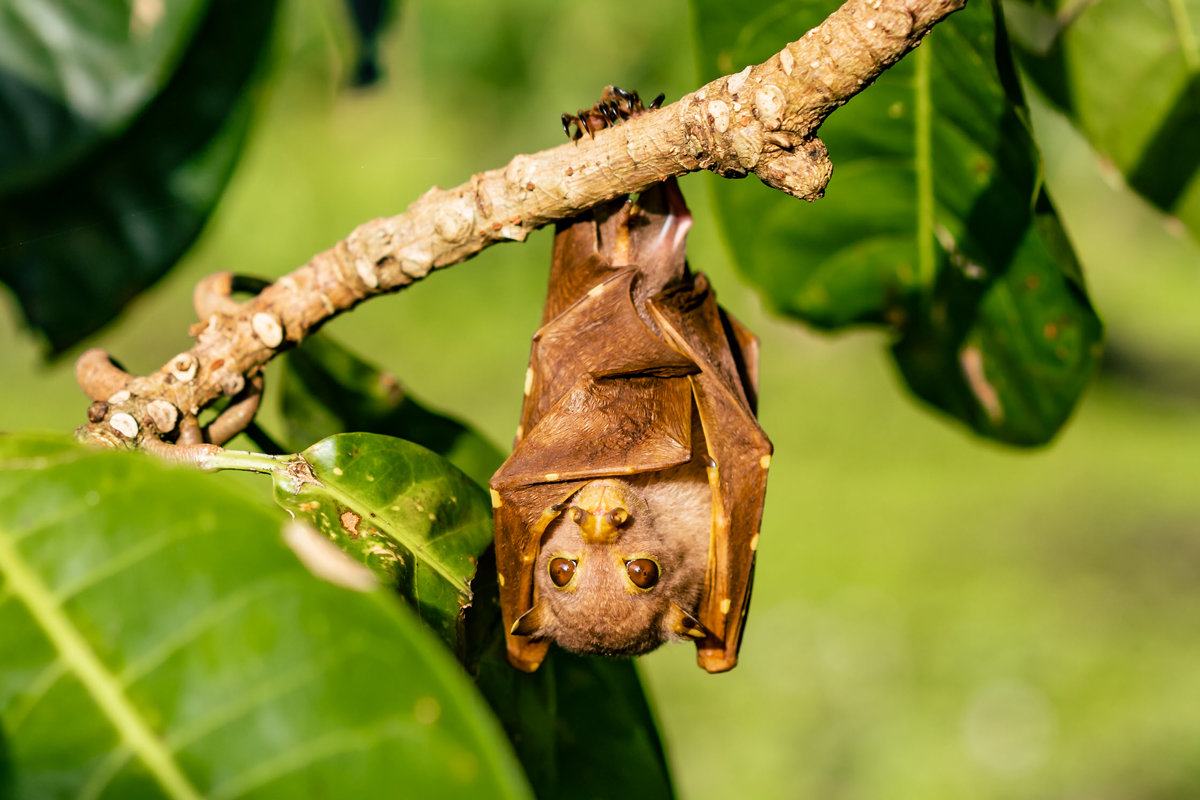
Before being selected, the Sobehatunga land had to pass certain requirements in alignment with the high-integrity methodology developed by environmental organisation Nakau, a project partner. For a forest carbon project to proceed, it must meet the following parameters: the land must be a minimum of 500 hectares of undisturbed natural forest, at imminent threat of logging, free of landowner disputes, and in the process of becoming a legally protected area. Once these criteria are met and the customary landowners agree to a project, the project can be approved. One of the next steps from here is for forest rangers and the Ministry of Forestry and Research to conduct a carbon stocktake of the forest using a combination of traditional methods and modern technology.
At Viru Harbor, Keith Moveni, a consultant with the Ministry of Forestry and Research, recently trained rangers in forest inventory techniques.
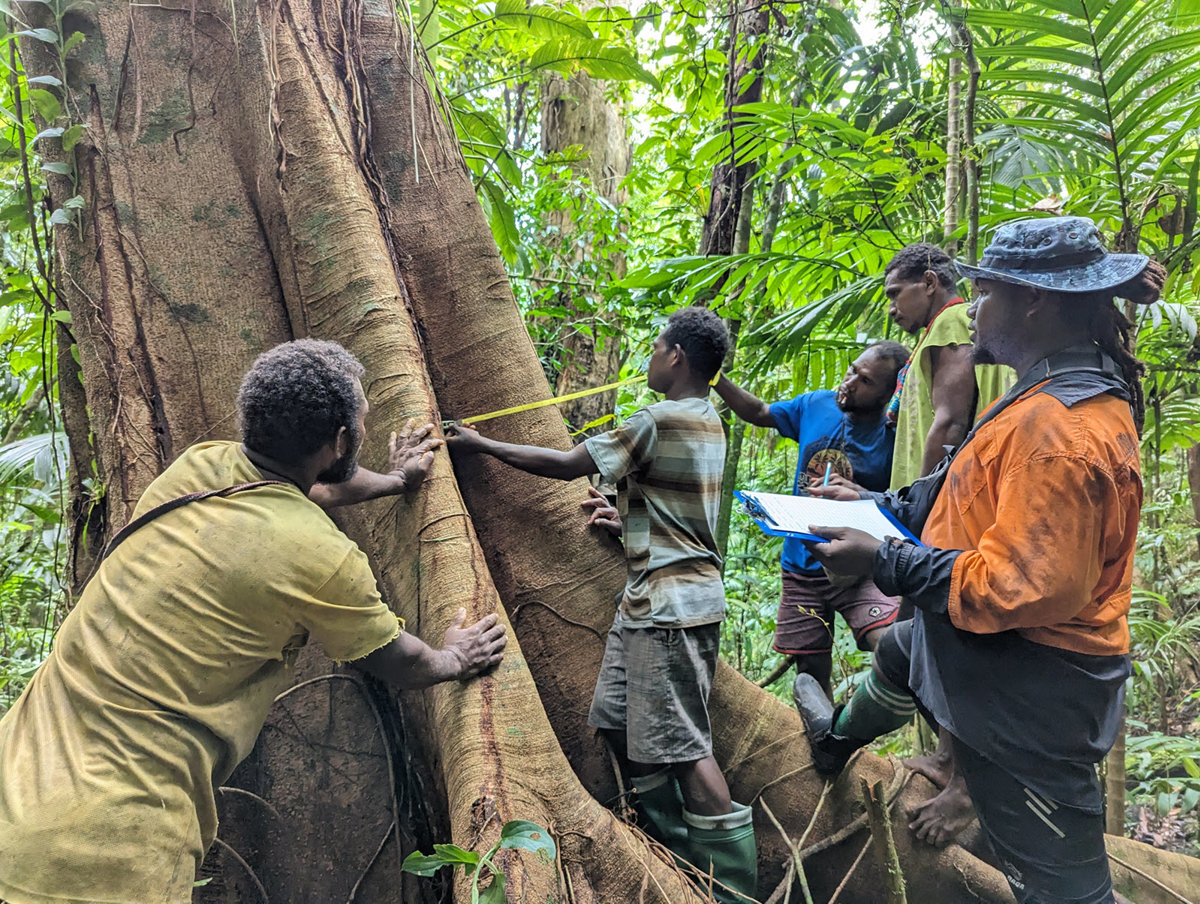
Rangers measured the circumferences of trees with tape measures and use laser instruments to determine tree heights. They also recorded plant and animal species on a phone-based app during a biodiversity survey.
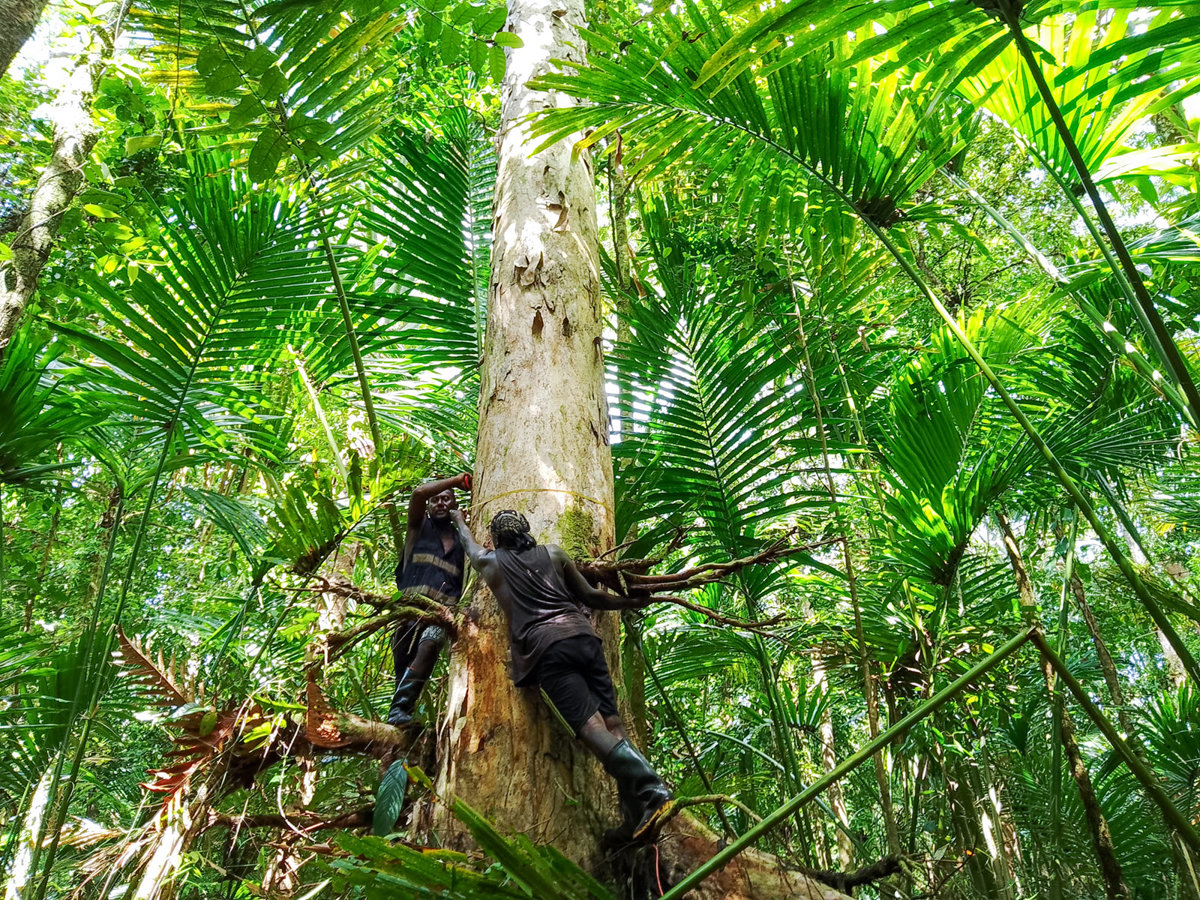
Environmental organisations such as Live & Learn (Solomon Islands) and the Natural Resources Development Foundation (NRDF) are implementing this work using the Nakau Methodology, supported by MCC and the Solomon Islands Government.
Nakau emphasizes the importance of physically measuring trees as the only way to confidently estimate the carbon emissions that would be released if the forest were logged and to support efforts to protect the forests.
Conducting forest inventories in remote, inaccessible areas is demanding work. Teams cut through dense forests, climb steep terrain, endure topical downpours, and camp in makeshift shelters. Despite these challenges, the rangers are dedicated to their mission.
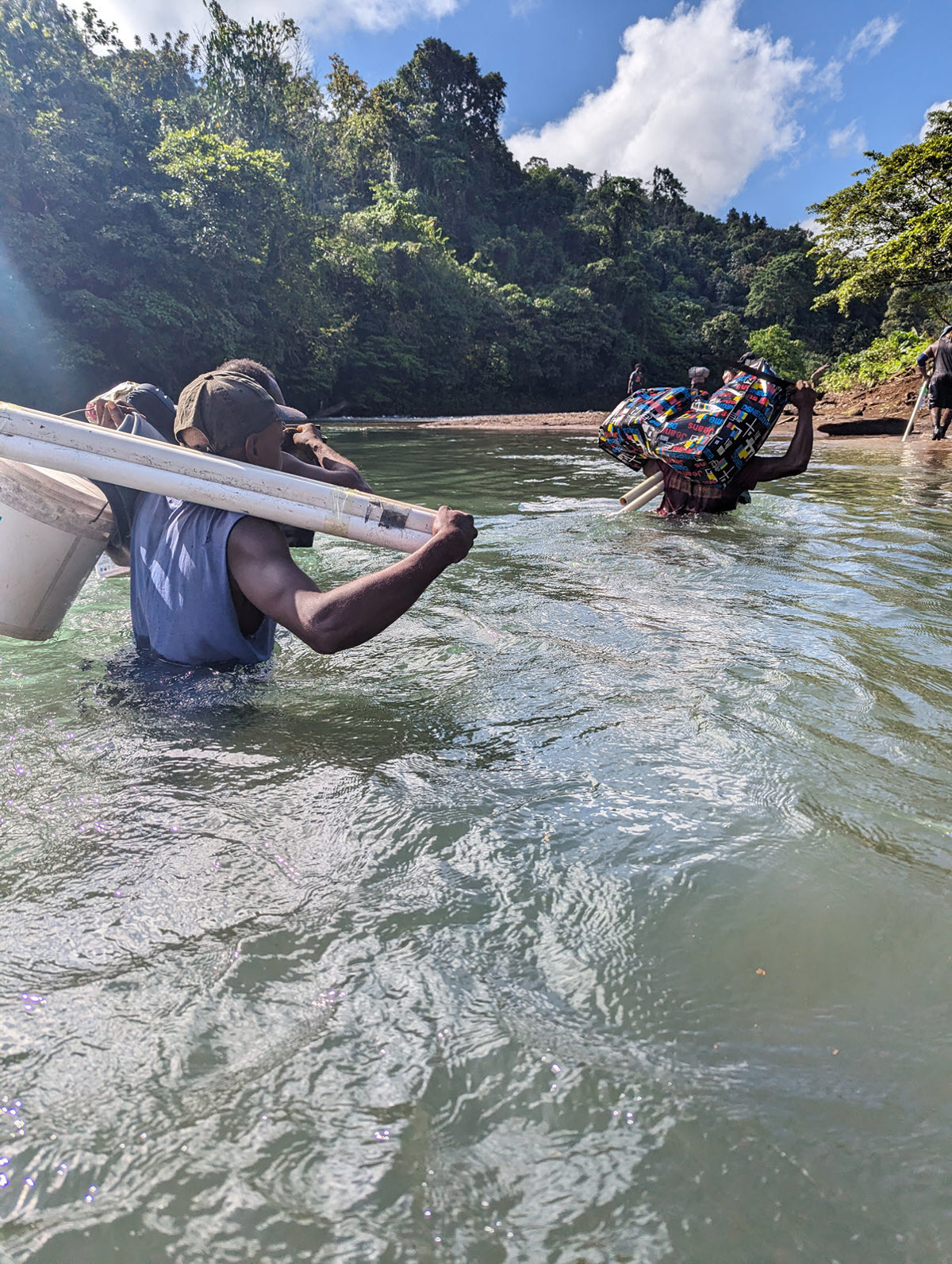
In the Solomon Islands, forests are integral to livelihoods, yet current logging practices are unsustainable. Training and preparation for the new forest management methods are crucial for landowners and their communities.
With the MCC-Solomon Islands Threshold Program, local partners work with community representatives and rangers from two communities gathering close to 1,000 people across different carbon sites to participate in sessions on carbon education, land-use planning and forest management. Nearly 40 percent of workshop participants are women, highlighting the inclusive approach of forest carbon projects like Viru Harbor.
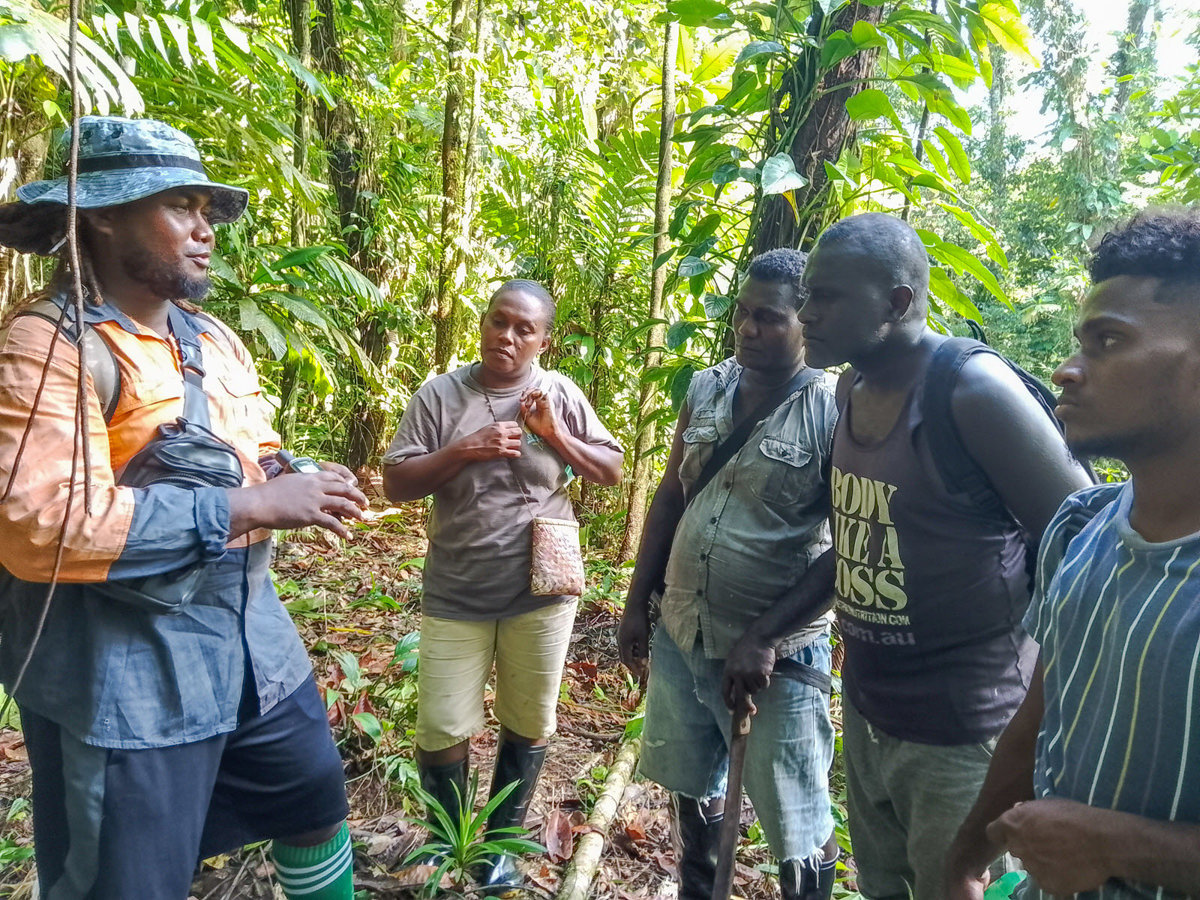
MCC’s Resident Threshold Director in the Solomon Islands, Charles Jakosa, stated “forests are the Solomon Islands’ most important natural asset. In 2022, MCC and the Solomon Islands Government agreed to develop an alternative forest management strategy to reduce environmental impacts and to benefit more community members. The forest carbon project at Viru Harbor is one example of our efforts, with more sites to follow.”
“World Environment Day is an opportune time to reflect on the power of partnerships between governments, donors and individuals to inspire positive change and create a more sustainable world,” Mr Jakosa concluded.
The rangers of Sobehatunga, as custodians of their land, are making significant strides in protecting the nation’s invaluable forest resources.
For more information on the Solomon Islands Threshold Program, please visit: sithp.com.sb.
